Novelist L.P. Hartley once wrote: “The past is a foreign country; they do things differently there.” It may be the case that as we power into the future, change is inevitable. But that doesn’t mean we can’t learn much from that ‘foreign country’. That’s where careers in history come in.
History provides context for what’s happening now. The events, ideologies, systems of thought and governance we live in. Studying patterns and trends in history means that we can notice themes in human behaviour. As a result, we can make more informed decisions about the future to meet challenges and avoid repeating past mistakes. History also allows us to better understand different cultures, traditions and belief systems, fostering tolerance and empathy. Moreover, history is the collective memory of humanity. By studying it and working with it, we make sure that important events, struggles and achievements do not get forgotten. By preserving our collective memory we build identity and cultural continuity.
Now that’s got you fired up, let’s take a look at seven careers in history that could be your path to understanding the past.
Here’s what we’ll explore:
- Archivist
- Museum curator
- Historic preservationist
- Historical researcher for media and publishing
- Cultural resource manager
- Research analyst
- Archaeologist
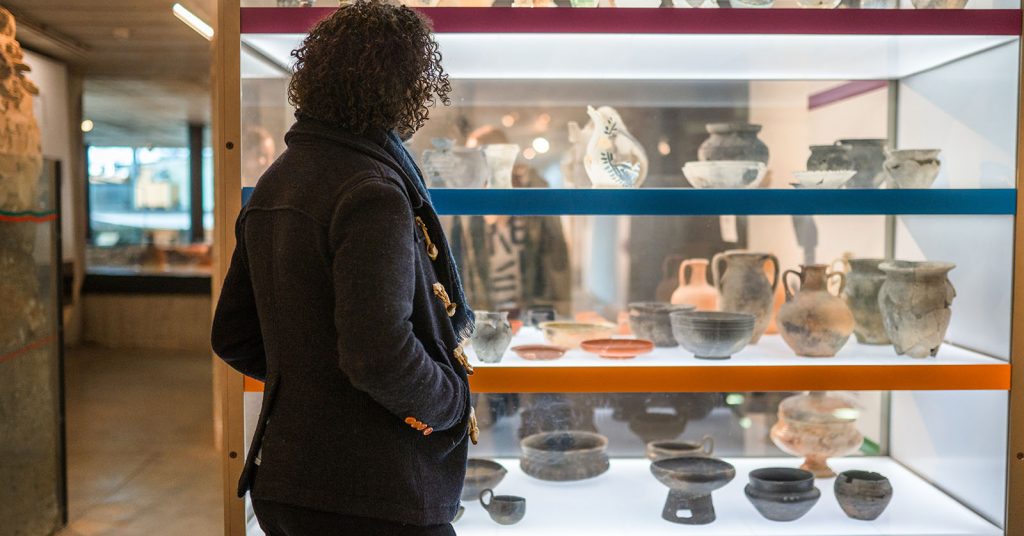
#1 Archivist
Archivists look after our cultural heritage. They preserve and provide access to historical artifacts. From identifying an object’s significance to obtaining it and preserving its physical integrity, archivists are historical conservationists. And they provide services to researchers and the public to access such objects to find their own interpretations and new knowledge.
Beyond the stacks, as an archivist you may well take part in outreach programs, raising awareness of collections through exhibits, tours and educational workshops. Increasingly, too, you’ll work with digital tools to make access to the artifacts are democratic as possible. You could also take on responsibilities in records management and consulting with organisations in the proper handling and retention of their historical documents.
#2 Museum curator
As a museum curator, you’ll be a kind of storyteller. Combine history and creativity to create exhibitions and educational programs that bring a historical collection to life – and fascinate visitors.
From small galleries to large institutions, curators wear many hats, from acquiring objects to planning budgets and working with staff to design displays and information for visitors. Working in a museum curator role combines creativity, scholarship, managerial nous and public engagement.
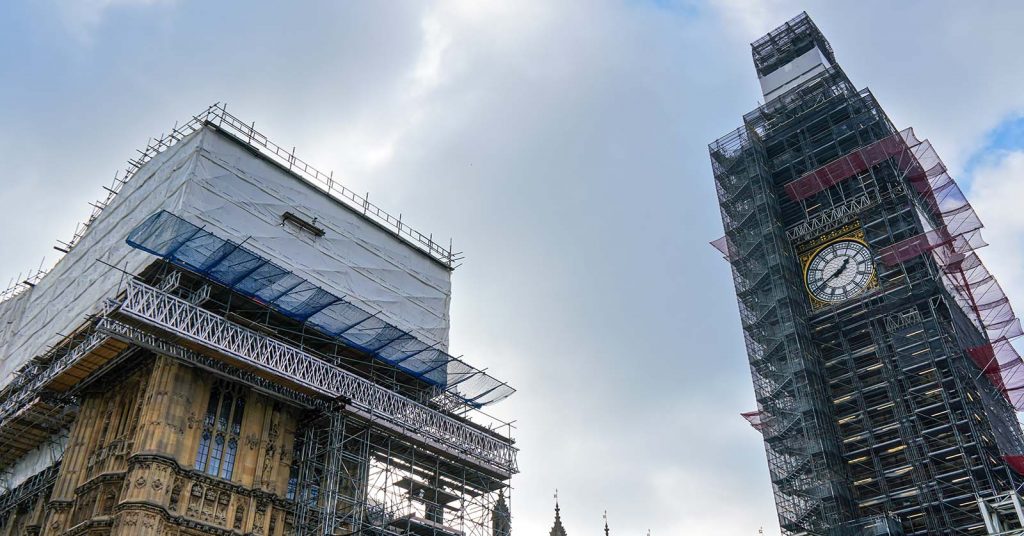
#3 Historic preservationist
Historic preservationists have a real sense of place. That’s because they’re responsible for conserving locations with historical significance. From castle ruins and ancient stone circles, to cobbled streets and country cottages, preservationists save the places that mean something to our cultural history.
Besides identifying suitable locations and doing all the investigative detective work in the archives, you’ll also be fighting the good fight to secure grant funding for restoration projects. Plus, undertaking surveys, drafting blueprints, overseeing the rejuvenation efforts, and making it all accessible to the public, keeping heritage alive.
#4 Historical researcher for media and publishing
Another of the careers in history that’s about telling stories of the past. Taking history from the archives and bringing it into new forms. You could work as the historical boffin for commercial publishers, producers of educational materials, television studios, filmmakers, newspapers or a wide range of online publishing ventures.
You’ll collaborate with many other pros – such as authors, editors and directors – to shape how historical narratives are conveyed to an audience and ensure that they accurately reflect the period in question.
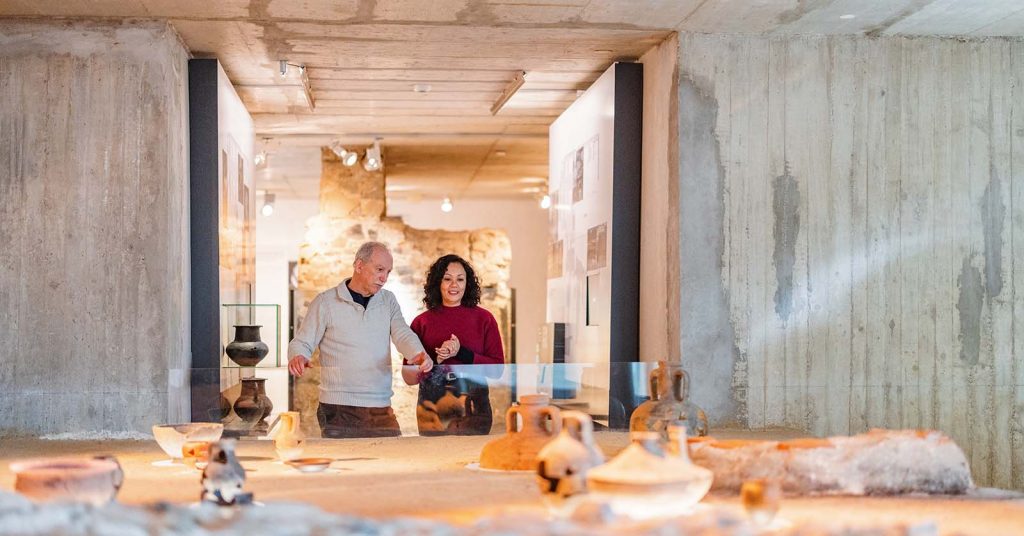
#5 Cultural resource manager
Cultural resource managers are the guardians of our heritage. You could work across everything from archaeological sites and historic landscapes to miniature artifacts – balancing the preservation of important objects with public access and sustainable development.
You can think of this role as an architect of cultural bridges. You’ll foster understanding between diverse communities and generate economic opportunities through museums, cultural centres and protected areas. All while ensuring the integrity of the objects for future generations.
#6 Research analyst
As a research analyst, you’ll conduct historical research for all types of organisations. Government agencies, think tanks, not-for-profits, universities, media companies, consulting firms, and more. Your insights about the past can help shape the future direction of these organisations. You’ll use meticulous analysis to find observations that can be organised into actions to drive success.
You’ll collaborate with historians, scholars and also professionals across different disciplines. Together, you’ll navigate the intricacies of history to bridge the gap between past events and present-day challenges. By applying historical perspectives to contemporary issues, you’ll be pivotal in shaping understanding, guiding strategies and driving informed decision-making.
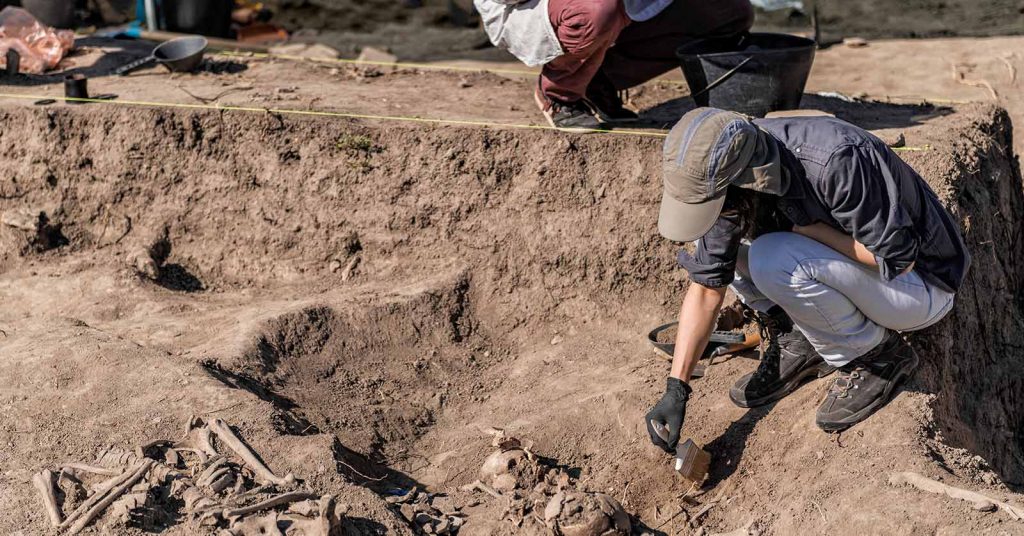
#7 Archaeologist
Travel back in time and dig into history – literally. From ancient fossils to 20th century urban landscapes, archaeologists are detectives of history, exploring the human and natural stories of the world through the materials that have been left behind. You’ll work in the field, but also do lab work, delve into the archives and catalogue your findings. Plus, you could publish narratives about your findings, or share them as an academic.
Archaeology is a vast field. So you could choose to focus on anything from ancient civilisations to industrial infrastructure. Whether you’re looking at human remains, underwater sites, or environmental interactions, as an archaeologist you’ll bring the past to life through meticulous research and analysis. And your work will not only shed light on the complexities of our shared history but also help us navigate the present challenges – by contributing to the understanding of where we’ve come from.
Step into careers in history with study at Charles Sturt
History is an art. So it makes sense that the best way to start exploring careers in history is studying a Bachelor of Arts.1 Our degree gives you a foundation in analysis and critical thinking, then – here’s the reveal – allows you to major in history. In this major, you’ll get a grounding in global and Australian history from medieval times to the 20th century, as well as historical theory and method, and then choose electives to align with your historical passion. Choose everything from propaganda and media; to class, capitalism and political ideas.

1CRICOS: 000649C

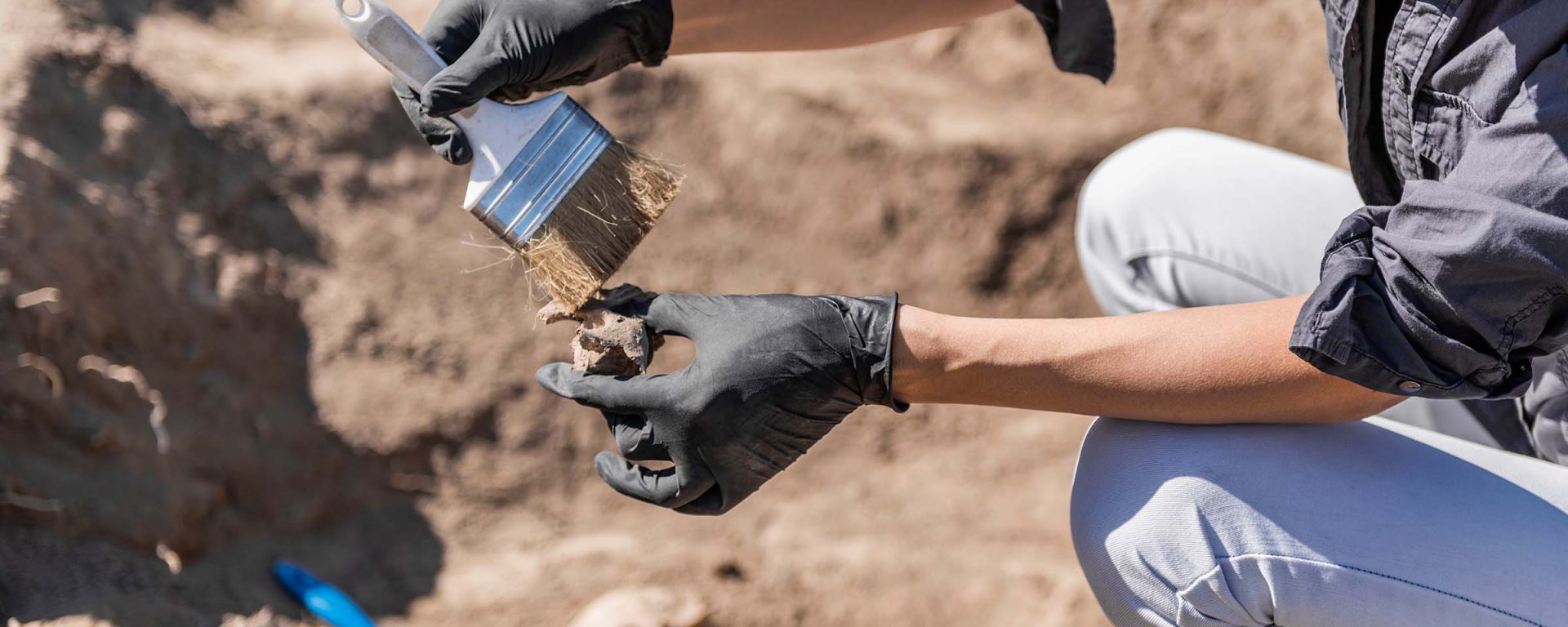
You must be logged in to post a comment.